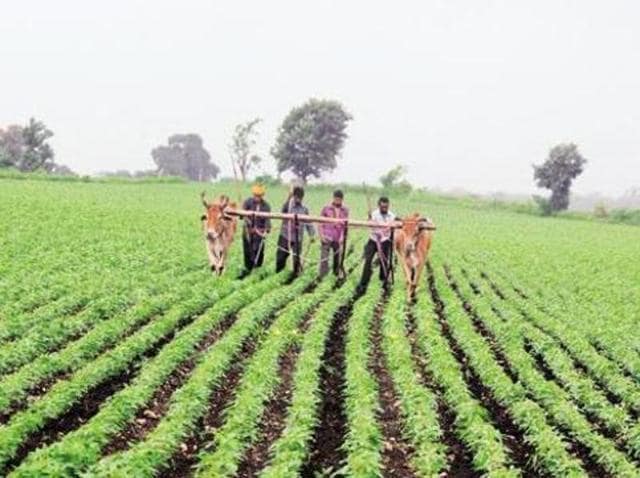Indebtedness bill notified; implementation to take time
It might be long before the much-celebrated Punjab Settlement of Agricultural Indebtedness Act—which was notified following approval by the governor this week—is implemented across the state.
It might be long before the much-celebrated Punjab Settlement of Agricultural Indebtedness Act—which was notified following approval by the governor this week—is implemented across the state.

The act seeks to provide a framework for settlement of non-institutional agricultural debts and largely involves the setting up of special forums/tribunals in all districts where disputes arising out of the giving and taking of such loans will be taken up. The act also lays down that all such cases which are already being heard in lower courts anywhere in the state would be referred to these special tribunals once they are in place. Besides, the act also provides for immediate relief from these tribunals in all those cases where the debtor has paid an amount equal to double the principal amount, wherein the debt would be considered as settled.
Financial commissioner development NS Kalsi on Friday said while the act had been notified and is now being printed, the modalities of implementing it are being worked out.
The department, for instance, is working out the possibility of setting up special tribunals at five divisional commissionerates in the state—Faridkot, Ferozepur, Rupnagar, Jalandhar and Patiala—to see the initial response of the farmers under debt to the new facility. The government is likely to advertise the facility once it is in place at five places in the state. Since there is no ready data available as to how many such cases are pending in the district courts, the government is likely to write to the district and sessions judges to start shifting such cases—both which are being heard and fresh ones being filed—to the tribunals once they are in place.
Since the act requires these tribunals to be set up at the district level, setting these up in all districts simultaneously might take long besides a large amount of expenditure by the government. “Also, we might have a stage where the tribunals are all set up and there is no response from the farmers,” said a senior officer of the department involved in the process of implementing the act.
Once the work with the commissionerate-level tribunals is enough and it needs to be divided, further tribunals would be set up catering to one or more districts. The officer said state-level tribunals would be set up once the commissionerate-level tribunals are functional and a body is required to hear appeals against the orders of the commissionerate tribunals.
The first step is the setting up of a selection/screening committee which will invite applications from retired judges who are interested in heading these tribunals. Once the judges are selected arrangements have to be made for seating them and deploying adequate staff with them. The forums/tribunals set up under the new act will have the powers to declare the debt as having been discharged and waive the entire loan amount with interest as well as order the release of any property pledged or mortgaged by a debtor whose debt is decided as having been discharged.
However, its provisions are limited only to non-institutional agricultural debts up to Rs 15 lakh–mainly loans given out by arhtiyas. The bill does not cover rural indebtedness–in other words, loans taken by villagers for activities other than agriculture or institutional loans.





